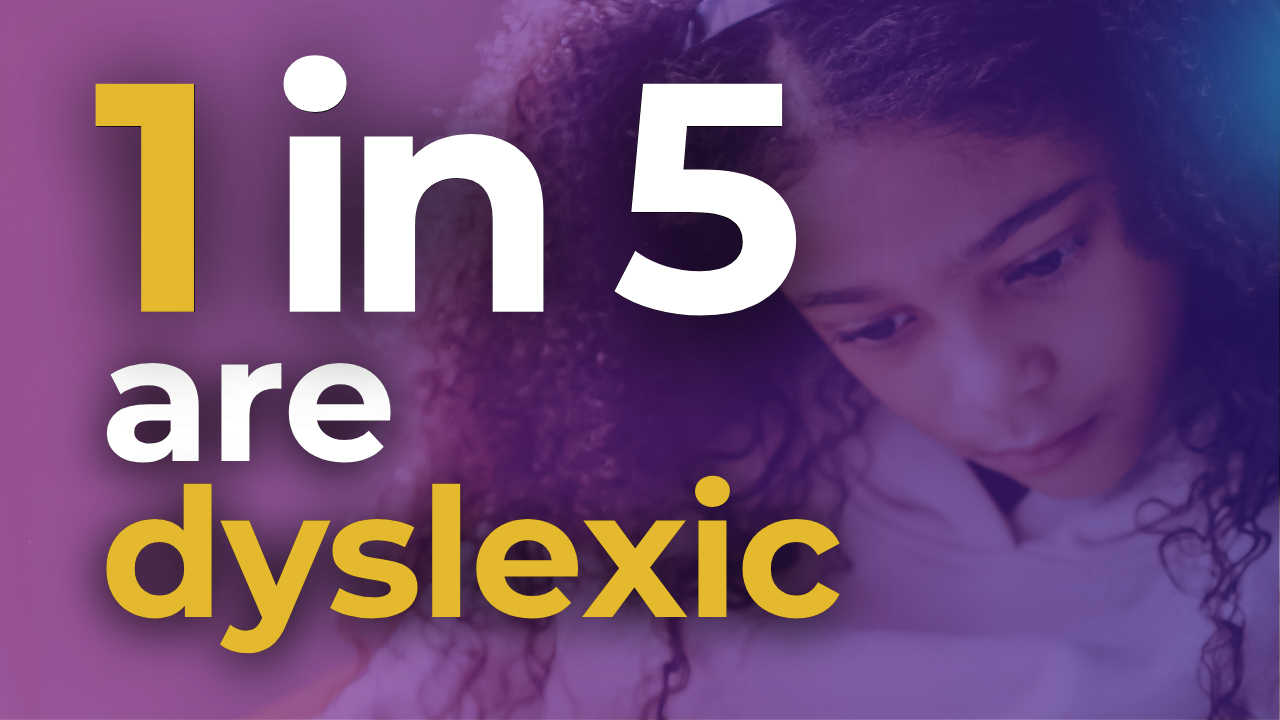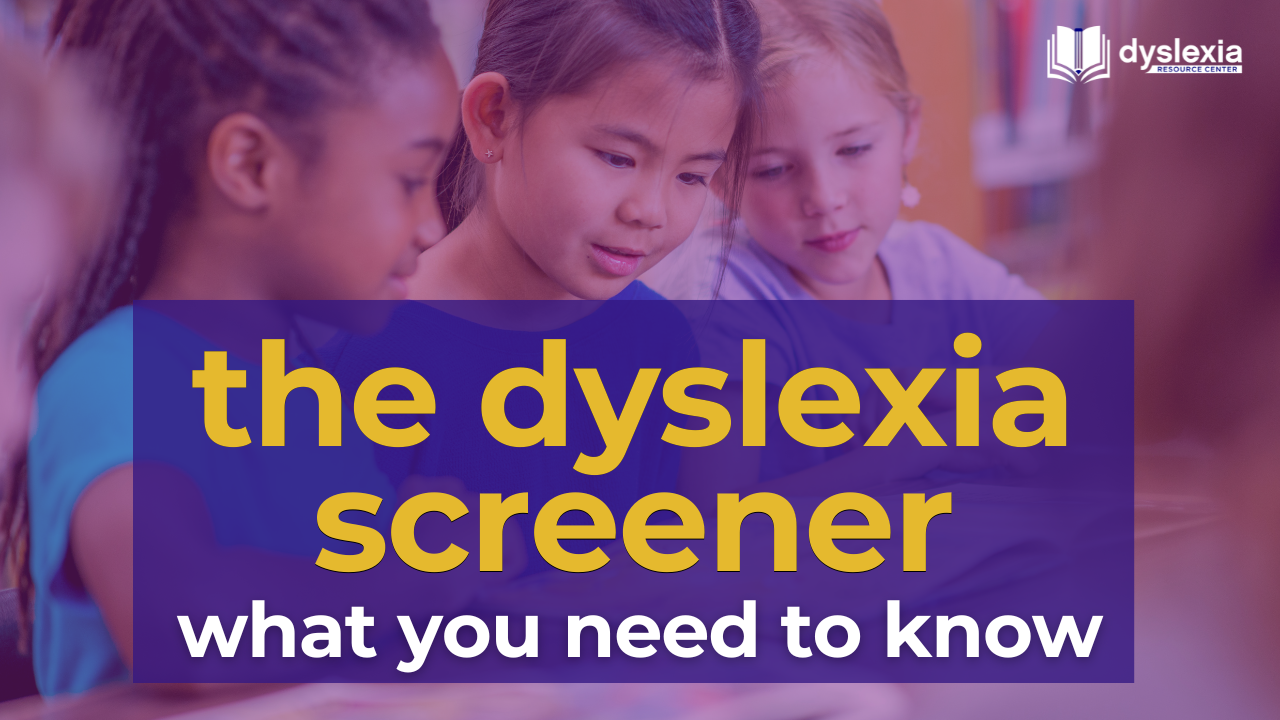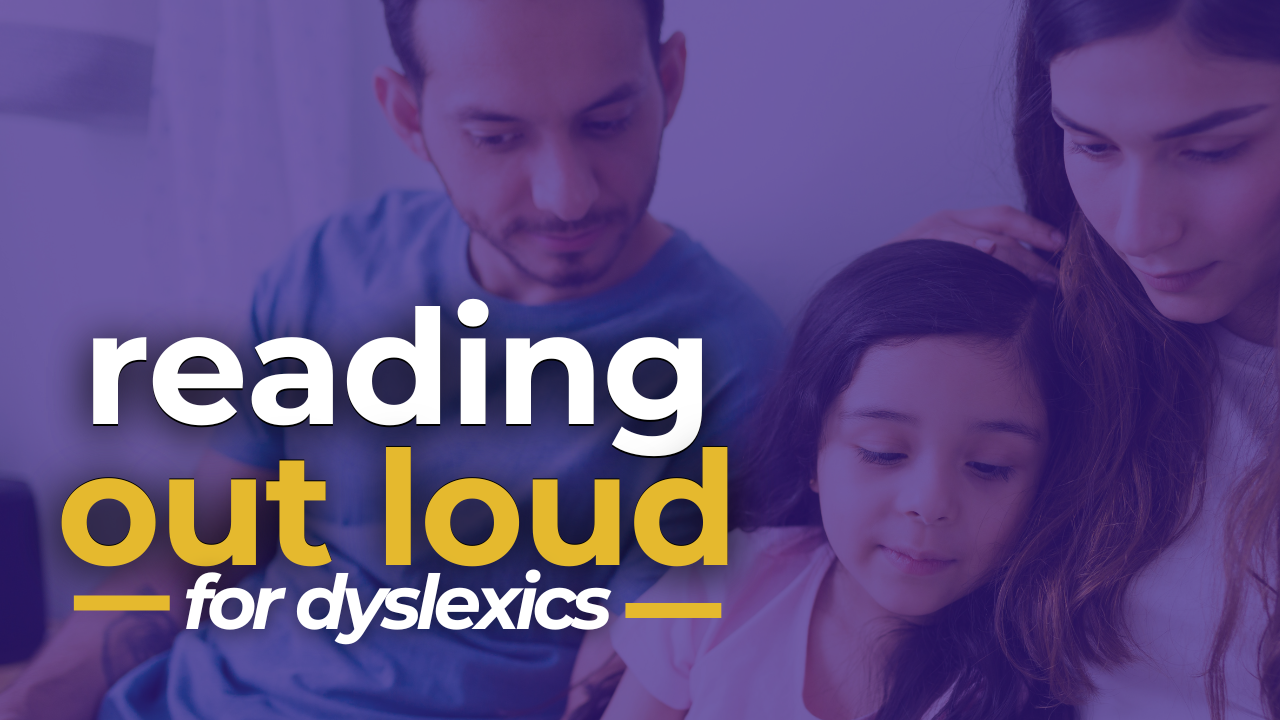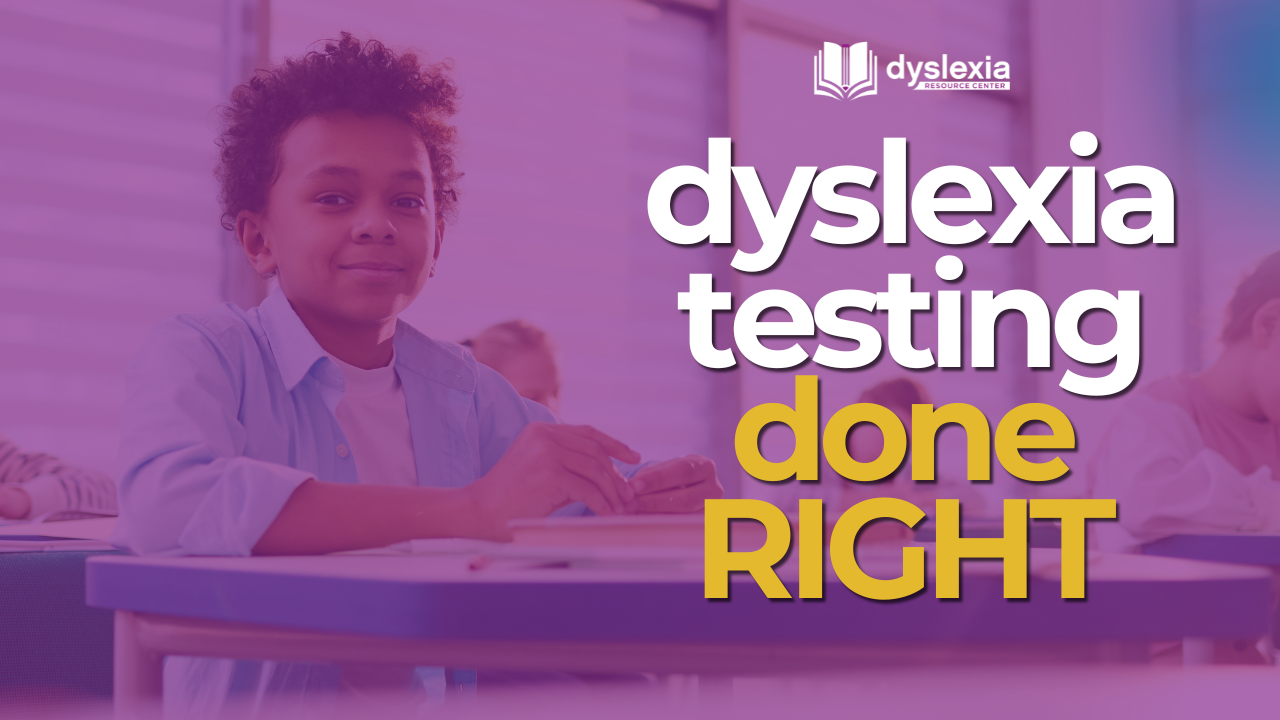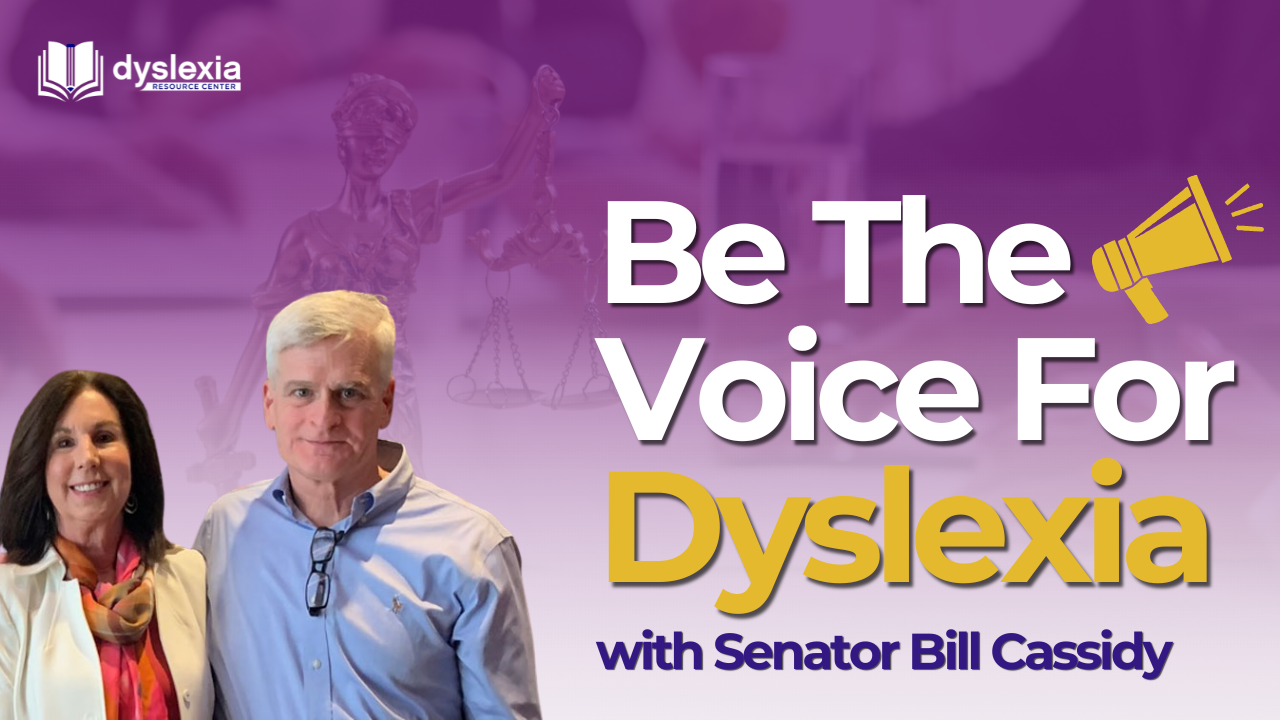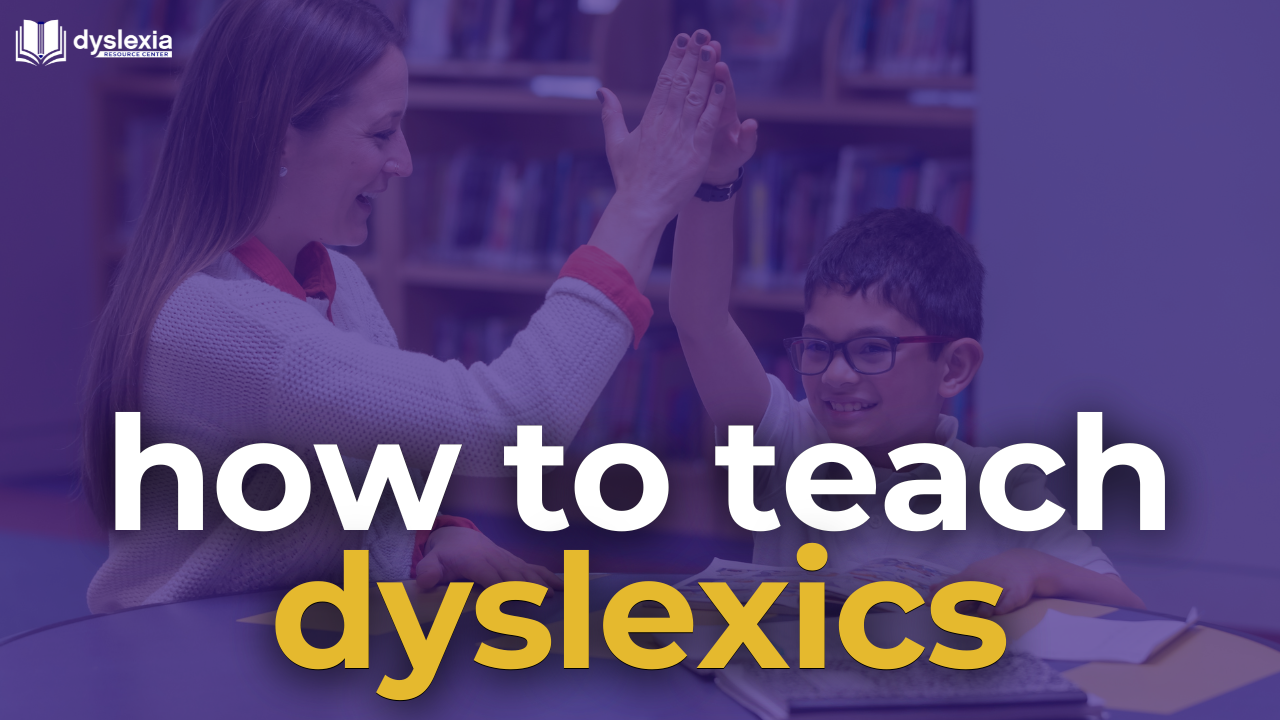Does My Child Have Dyslexia?
Navigating Dyslexia: Understanding Diagnosis and Pathways to Support
If you suspect that your child may have dyslexia, it's natural to have questions about the diagnosis process. While functional MRI scans provide insights into the neurosignature of dyslexia, they are not used for diagnosis. Instead, clinical assessment is the typical approach, involving a thorough history and evaluation of various signs, symptoms, and tests.
When considering dyslexia, medical professionals often look for specific indicators in a child's developmental history. These may include speech delays, difficulties learning and recalling the alphabet, and a lack of interest or proficiency in rhyming. Additionally, challenges with word retrieval, especially in social settings or under pressure, may be observed.
Symptoms To Look For
One of the main symptoms of dyslexia is difficulty with reading. Dyslexic children may hesitate to read aloud, particularly in unfamiliar or stressful environments. When they do read aloud, they may experience frequent pauses, mispronunciations, and a lack of intonation (which means that the reader understands the context of the text). Spelling difficulties are also common among individuals with dyslexia. To learn more, check out our blog post:
Common Symptoms of Dyslexia in Children and How To Spot Them.

The Diagnosis Process
A key aspect of diagnosing dyslexia is the concept of "unexpected difficulty in reading in relation to an individual’s higher level of intelligence." This means that dyslexic individuals, who often have average to above-average intelligence, struggle disproportionately with reading skills. This unexpected discrepancy between intelligence and reading ability is a defining characteristic of dyslexia.
During the diagnostic process, healthcare providers conduct interviews with both the child and their parents to gather information about the child's academic history, including successes and challenges. Family history is also taken into consideration since dyslexia can have a genetic component. It's not uncommon for children to be the first in their family to receive a dyslexia diagnosis, which can shed light on undiagnosed dyslexia in parents or siblings.
Once diagnosed, dyslexia is a lifelong condition; however, there is no need for the diagnosis to be repeatedly confirmed. Instead, the focus shifts to monitoring progress following interventions such as tutoring or academic support.
A comprehensive assessment of dyslexia involves evaluating both cognitive abilities and specific language skills. This often includes an IQ test to confirm average to above-average intelligence, as well as assessments like the Comprehensive Test of Phonological Processing (CTOPP) to identify phonemic deficits.

Resources for Dyslexics
Intervention for dyslexic individuals aims to improve reading fluency. This encompasses both single-word fluency and text fluency, with the ultimate goal being connected text fluency. Fluency is measured by factors such as accuracy, speed, and intonation, indicating a deeper understanding of the text beyond mere word recognition.
It's important to note that many individuals with dyslexia may also experience attention-related challenges. While stimulant medications or caffeine may help manage these issues, addressing the underlying dyslexia and achieving reading fluency remain the primary focus.
Early and ongoing progress monitoring is crucial for dyslexic individuals, particularly in decoding and fluency. By identifying and addressing challenges early on, educators and healthcare providers can better support dyslexic students on their academic journey.

Conclusion
In conclusion, while the road to a dyslexia diagnosis may involve various assessments and evaluations, it ultimately leads to targeted interventions and support tailored to the individual needs of dyslexic learners. Through ongoing collaboration between families, educators, and healthcare professionals, dyslexic individuals can thrive and reach their full potential.
